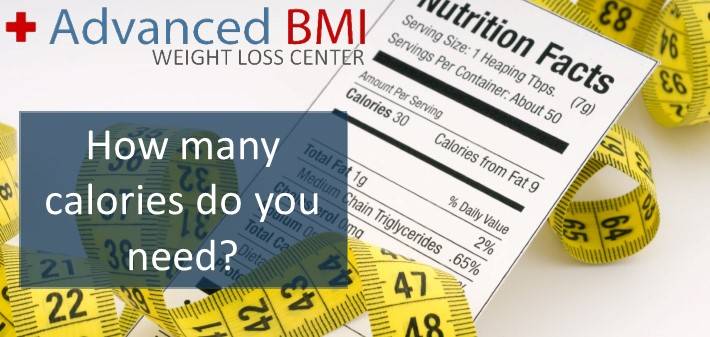How many calories do you need? In our nutrition and health oriented world today, you find people everywhere are counting calories and always checking every product they buy for the number of calories it holds. But few people actually know what calories are and how to know when to stop eating.
What are calories?
What you need to know is that calories are the energy for your body. Without them, you would not be able to move, work, or even eat. If you were a car, calories would be the fuel. So, to keep your body functioning well and normally, you need to keep giving your body calories, but you need to give it the right amount. If you give it more than you burn, there will be an excess, which means you will gain weight. Similarly, if you burn more than you take in, you will lose weight.
Are there good calories and bad calories?
Not really, there aren’t. Your body takes in all calories the same and uses them for energy. The difference between some foods is the amount of nutrients that they contain. Some foods and beverages will give you empty calories, which means they give you energy without any nutritional value, such as soft drinks and candy. These are the things you should stay away from. Focus instead on eating nutrient-filled foods such as vegetables and proteins.
How many calories do you need?
There is no one final answer to this question, because the number of calories that you need depends on your weight, height, amount of activity you do, and it varies as you age. For example, a teenage boy needs far more calories than an adult woman. When we are in our pre-teen and teen years, we require more calories than older individuals, which is why it seems that some people keep eating without ever gaining a pound.
Usually, a dietitian or your nutrition counselor can help you find the approximate number of calories that your body needs. But keep in mind that you should get your energy from healthy foods, and remember to move around and keep your body in motion!









